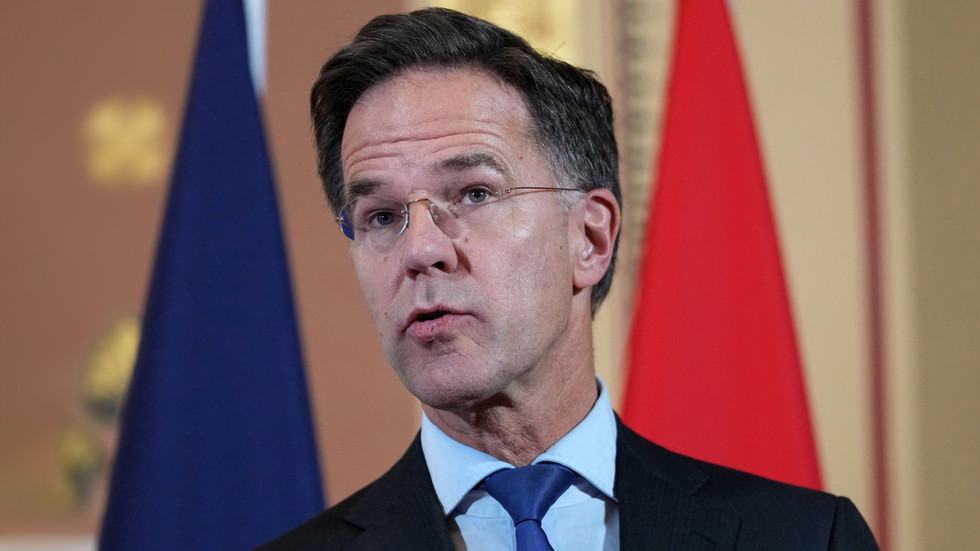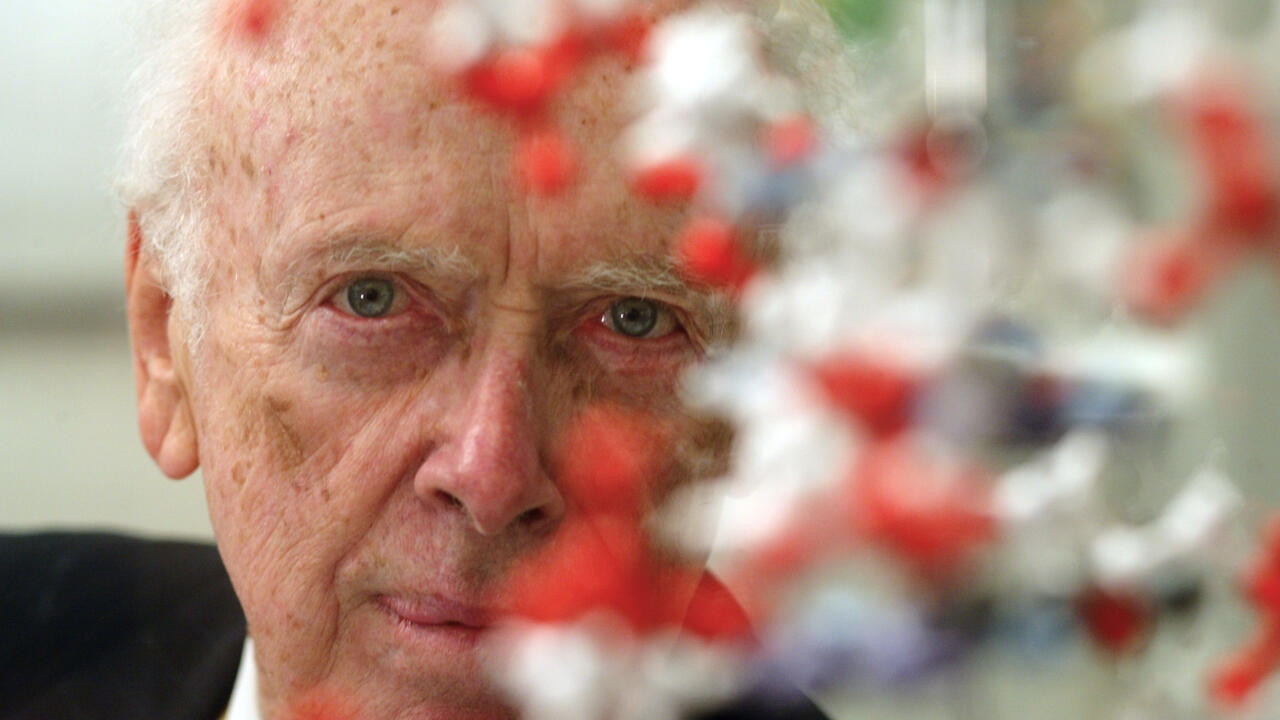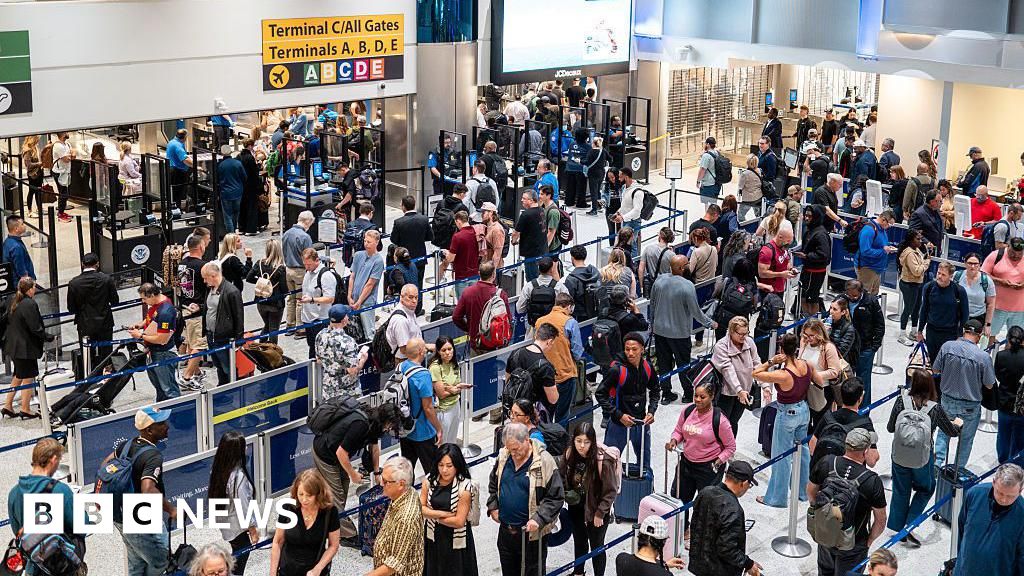Hurricane Melissa was one of the strongest hurricanes to ever hit the Caribbean.
The atmospheric and ocean conditions that led to the rapid intensification of the hurricane were made six times more likely by climate change, a World Weather Attribution study has found.
The storm grew from a tropical storm to a major Category 4 hurricane in a day, fuelled by warmer than average sea temperatures.
It eventually made landfall in Jamaica as a powerful Category 5 hurricane. It went onto make a second landfall in eastern Cuba a day later.
Days before it made landfall, forecasters were already suggesting that conditions were in place for the storm to intensify quickly, with the Caribbean Sea being around 1.5 C warmer than average.
The depth of heat in the sea was also a contributing factor leading to a continued supply of very warm water for Melissa to develop.
The study also concluded that climate change led to increased wind speeds and rainfall.
The role of climate change and its influence on tropical cyclones is more complex than other types of extreme weather as they are often driven by a combination of rainfall, strong winds and storm surge.
However, in their rapid attribution study, World Weather Attribution used a number of different approaches to look at the links with climate change.
The first was to compare rainfall in Jamaica and eastern Cuba in today's warmer climate of 1.3 C above pre-industrial levels with those from the pre-industrial climate.
According to the Imperial College Storm Model (IRIS), climate change increased the extreme rainfall associated with Melissa by 16%.
While acknowledging that climate models often struggle to accurately simulate extreme rainfall in the Caribbean due to the small size of the islands, the study draws on multiple lines of evidence to conclude that climate change did amplify the rainfall from Melissa.
The study also concludes that climate change increased the maximum wind speeds experienced during Hurricane Melissa by 7%.
"Hurricane Melissa's catastrophic landfall in Jamaica is not an anomaly, it is the canary in the coal mine. When a storm can explosively intensify [in less than three days]…we are witnessing the dangerous new reality of our warming world," according to Jayaka Campbell, Senior Lecturer at the University of the West Indies, Jamaica.
While Jamaica is one of the more developed nations of the Caribbean with some structures built to withstand hurricane-force conditions, the same is not true for other countries.
In Cuba sufficient warnings were given so that more than 700 thousand people were safely evacuated but houses, roads, crucial infrastructure and agricultural areas suffered severe damage that will take years to fully recover from.
With COP30, the annual United Nations Climate Change conference, starting on 10 November in Belém, Brazil this is a timely reminder of the consequences of climate change on under-developed nations.
"This is a critical moment for countries to act, ensuring that climate finance reaches those most exposed to climate impacts, while committing to a real transition away from fossil fuels," said Arnoldo Bezanilla, Researcher at the Center for Atmospheric Physics, Cuba.

 4 weeks ago
20
4 weeks ago
20










 English (US) ·
English (US) ·